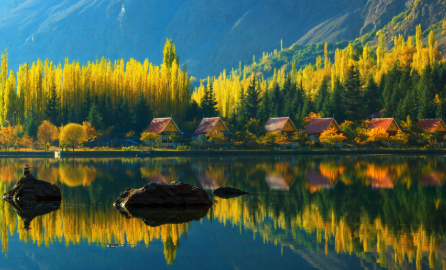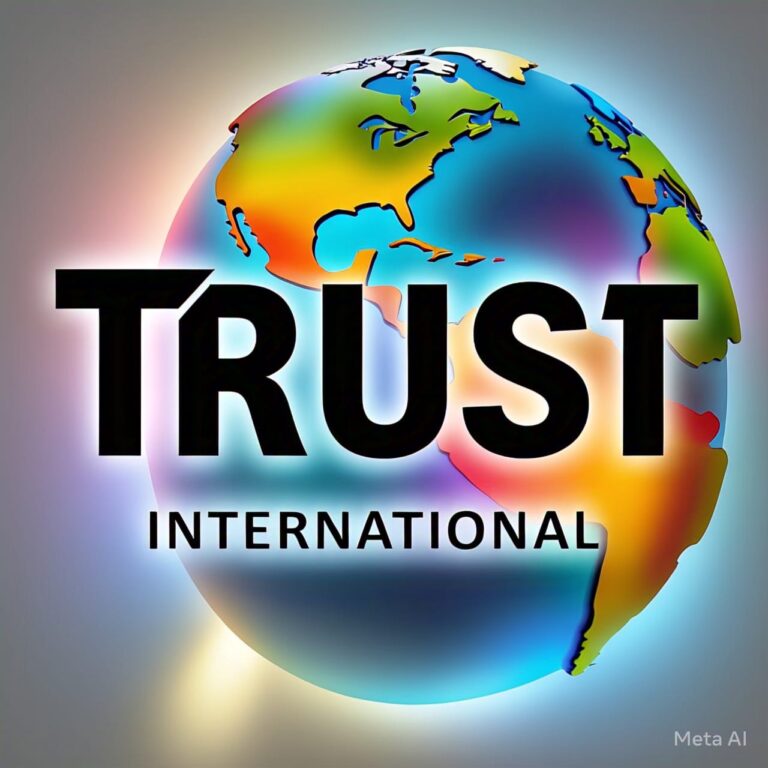About Pakistan
About Pakistan
Pakistan holds immense geographical importance due to its strategic location at the crossroads of South Asia, Central Asia, and the Middle East. It shares borders with China, India, Afghanistan, and Iran, serving as a vital land bridge for regional trade and energy routes. Pakistan provides China with direct access to the Arabian Sea through the Gwadar Port, a key part of the China-Pakistan Economic Corridor (CPEC). Its proximity to the Persian Gulf and its role in linking oil-rich countries with global markets further elevate its significance. Additionally, Pakistan’s terrain includes crucial mountain passes, enhancing its role in regional defense and connectivity.
Pakistan is a vibrant country with a rich cultural heritage and warm, hospitable people. Its population is diverse, comprising various ethnic groups like Punjabis, Sindhis, Pashtuns, Baloch, and others, each with unique traditions and languages. Pakistanis are known for their strong family values, respect for elders, and community spirit. Traditional clothing, music, and cuisine reflect a deep cultural richness, blending South Asian, Central Asian, and Middle Eastern influences. Festivals like Eid, Basant, and weddings are celebrated with great enthusiasm and color. Hospitality is a hallmark of Pakistani culture, where guests are treated with immense respect and generosity across the nation.


Hunza Valley
Nestled in Gilgit-Baltistan, Hunza Valley is renowned for its breathtaking mountainous landscapes, terraced fields, and the historic Baltit Fort. It’s a haven for trekkers and cultural enthusiasts alike.

Skardu
Located in the heart of the Karakoram range, Skardu boasts stunning lakes like Shangrila and Satpara, alongside majestic peaks. It’s a gateway for mountaineers aiming for K2 and offers serene natural beauty.

Lahore Fort
Situated in Lahore, this UNESCO World Heritage site reflects the grandeur of Mughal architecture. With its intricate designs and historical significance, it’s a testament to Pakistan’s rich cultural heritage.
Pakistan holds immense geographical importance due to its strategic location at the crossroads of South Asia, Central Asia, and the Middle East.
GEOGRAPHY
Pakistan is located in South Asia and shares borders with India to the east, Afghanistan and Iran to the west, and China to the north. It also has a southern coastline along the Arabian Sea. Strategically positioned, Pakistan connects Central Asia, the Middle East, and South Asia. The country lies between latitudes 24° and 37° North and longitudes 60° and 77° East. Its geography includes plains, deserts, mountains, and coastline. The Indus River flows through much of the country, supporting agriculture. The towering Himalayas and the Karakoram range lie in the north, including K2, the world’s second-highest mountain.

